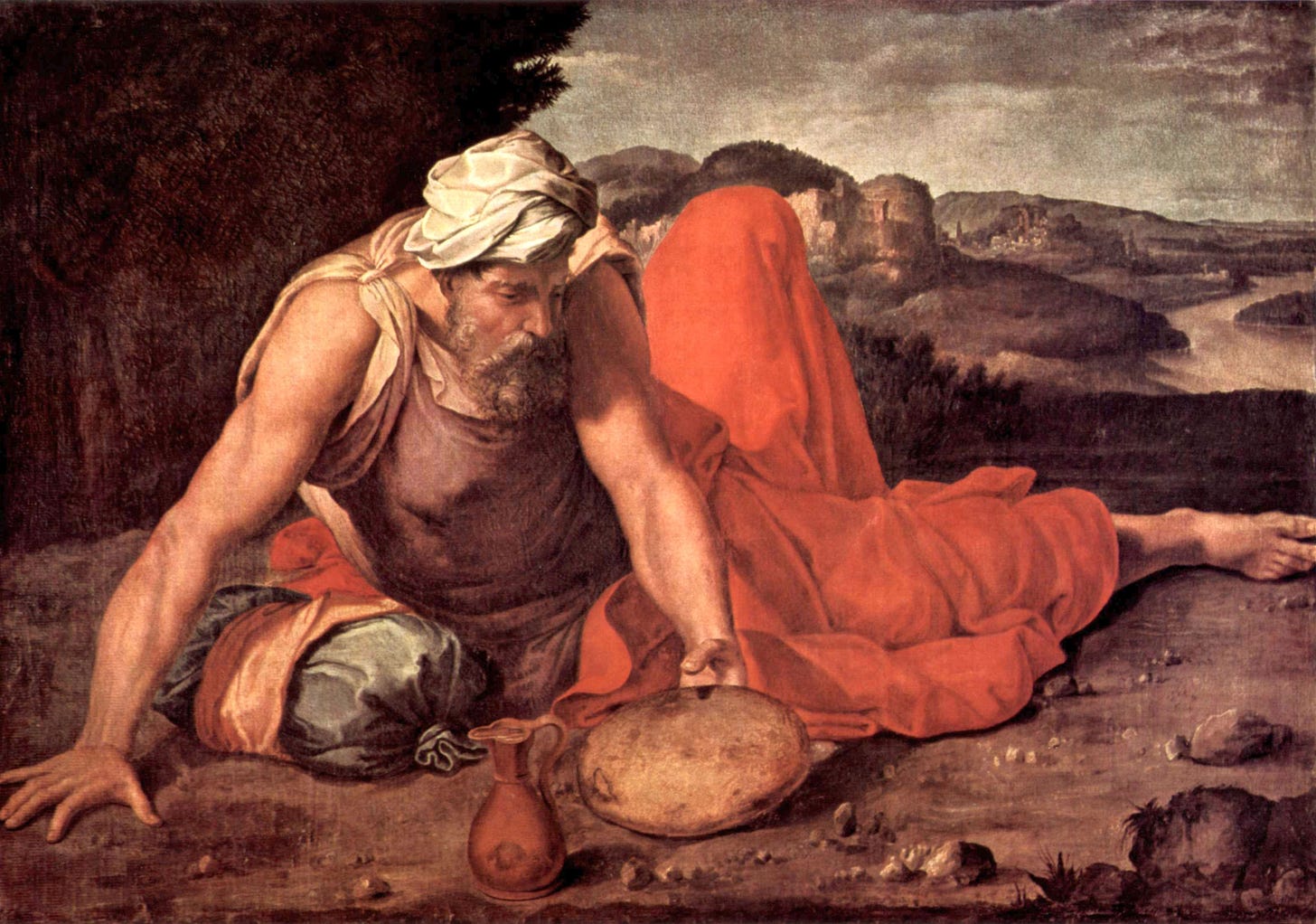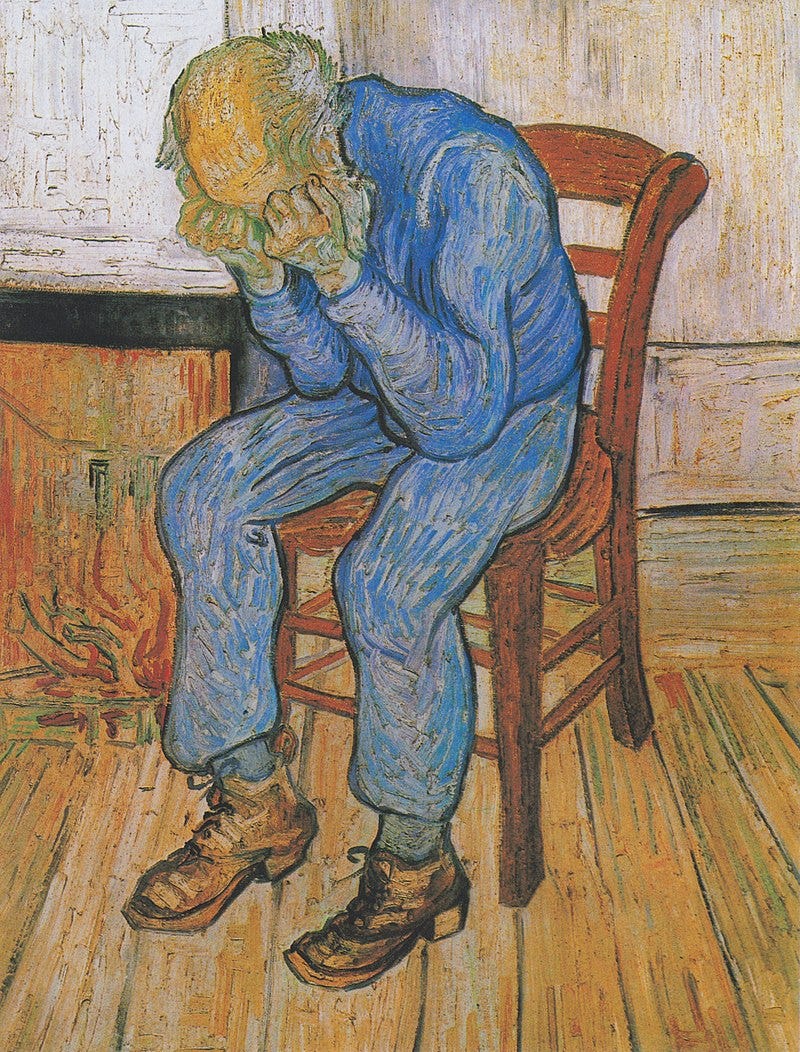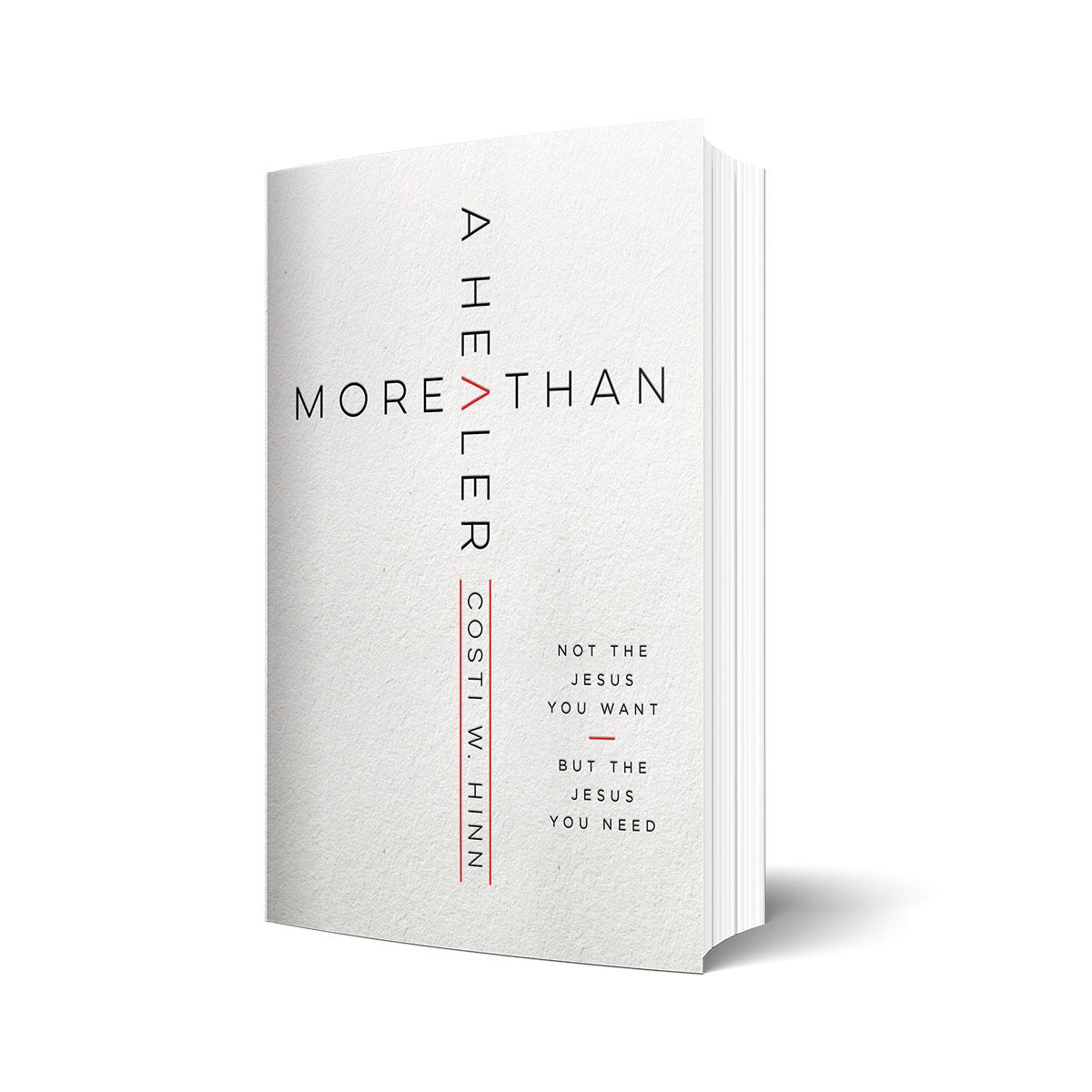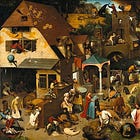Battling DEPRESSION: A Conversation With Inspiring Philosophy's Michael Jones
A Prominent YouTube Apologist’s Journey with Major Depressive Disorder and Reflections on the Story of Elijah

Depression is rampant. Hopelessness looms, a weight that pulls relentlessly downward, refusing to let go. Disconnection. Persistent, aching pain that never seems to end….
Disclaimer: This article does not constitute medical or professional advice, nor is the contents of this article to be treated as such. For such advice, please seek assistance from a qualified professional.
Find us on Medium.com
Or X
Or Insta:
instagram.com/streettheologianapologetics/
Conversation with Michael Jones
Michael Jones is well known for his apologetics YouTube channel Inspiring Philosophy. What is perhaps less well known about Michael is his struggle with major depressive disorder.
In a recent call I had with Michael Jones, we discussed Michael’s perspective on this issue and I have included a transcript of our discussion in today’s article.
I’ll also share insights from our conversation, with the story of Elijah from 1 Kings 19 serving as a backdrop. In this passage, we see a powerful reminder that even those closest to God can struggle with despair.
A widespread issue
It is sadly no surprise that depression is a widespread issue.
Costi Hinn in his book, More Than a Healer: Not the Jesus You Want, But the Jesus You Need, describes a common predicament of our times in exploring how people feel (p.93):
They often feel like an Instagram highlight reel. You show your best. Look your best. And photoshop the rest. Meanwhile you’re hopelessly dying inside.
He goes on to describe a time when he wanted to run a Q&A session for the teenage students at his church. An 18 year old member of the church pushed against Costi’s suggestion to open up the floor for students to ask live questions in-person, fearing no students would ask genuine questions in front of others. Instead, the student recommended Costi allows anonymous online questions.
Costi followed this advice and hundreds of questions poured in..
Costi explains (p.95):
“And some of the most common ones went something like this:
“I struggle with loneliness, depression, and suicidal thoughts. I just feel so hopeless.”
In a church auditorium filled with people, with the Bible being taught, hugs and fist bumps overflowing, and worship abounding, that one-thousand-pound weight was crushing more than just a few students.
In follow-up discussions with some of the ones who were struggling with loneliness, I found that most of them were sweet kids who got good grades and had stable home lives. Still, they felt hopeless because they felt alone. People are desperate for something more than just surface- level living.”
Inspiring Philosophy’s video on depression
Several years ago, Michael Jones prepared a video on depression. Michael explains how he was diagnosed with major depressive disorder and how sadly much of the advice from Christians around him did not seem to help him.
Michael contends that depression is definitely not always a spiritual issue but is multi-dimensional and can have many different causes. He warns against both over-spiritualising depression by assuming its cause is always spiritual (dismissing physical factors etc), and over-materialising it by dismissing the role of spiritual issues.
Elijah
Michael walks through the story of Elijah. Despite being one of the closest men to God who ever lived, Elijah, in 1 Kings 19 is asking God that he might die (v.4).
Just after Elijah has witnessed a powerful work of God in 1 Kings 18, Elijah is despondent over the state of his people and dismisses his personal assistant, signalling his desire to call it quits on his time as a prophet of God.
Food and sleep
Following Elijah expressing his desire to die, he gets some rest through some sleep and God cooks for Elijah (v.6-8). Michael points out that sometimes all we need when we are down is a good night’s sleep and a decent meal. We are not only spiritual beings but also physical beings.
God as a therapist
After strengthening Elijah through the food He offered, God lets Elijah express his pain and disappointment.
1 Kings 19:9-10:
There he came to a cave and lodged in it. And behold, the word of the Lord came to him, and he said to him, “What are you doing here, Elijah?” 10 He said, “I have been very jealous for the Lord, the God of hosts. For the people of Israel have forsaken your covenant, thrown down your altars, and killed your prophets with the sword, and I, even I only, am left, and they seek my life, to take it away.”
God doesn’t judge Elijah for expressing his pain and disappointment but listens to him like a good therapist as Michael illustrates. In fact, God allows Elijah to repeat his complaint to Him in v.13-14.
In the Book of Psalms, approximately 65 are lament Psalms

Are you running to God or from God?
Michael explains feeling anger or sadness is not wrong; it is what we do with it that can be wrong. He urges listeners to consider if they are running to God or from God in their pain.
A new purpose
Subsequently, Michael shows how God works miracles before Elijah through a fire, wind, and strong earthquake, but this does nothing to change Elijah’s heart.
Miracles often don’t change us, Michael contends, but what changes us is God sanctifying us through pain, listening to our prayers and shaping us in the process.
God gives Elijah a new purpose, showing him that despite the differences between their plans, God was still at work.
1 Kings 19:15-18:
And the Lord said to him, “Go, return on your way to the wilderness of Damascus. And when you arrive, you shall anoint Hazael to be king over Syria. 16 And Jehu the son of Nimshi you shall anoint to be king over Israel, and Elisha the son of Shaphat of Abel-meholah you shall anoint to be prophet in your place. 17 And the one who escapes from the sword of Hazael shall Jehu put to death, and the one who escapes from the sword of Jehu shall Elisha put to death. 18 Yet I will leave seven thousand in Israel, all the knees that have not bowed to Baal, and every mouth that has not kissed him.”
God gives Elijah a purpose to go and serve others. Michael notes the purpose God gives us to serve others can counteract the downward pull of depression.
We serve others because, through the cross, Christ served us.
As Michael explained in his call with me:
“Christ is a God who comes down and lives the life that we should have lived, that dies the death we all deserve. And so he's not a God who says, go into as I say or else, but a God who says, come and follow me. He washes the disciples' feet and then calls us to wash feet.
So he leads by example. And so this is remarkably divergent from most world religions where gods are distant, foreign, and we don't have access to them.
But in Christianity, we have a God who actually becomes human, gives his life for us, and teaches us how to live by serving.”
Now to the transcript of the discussion with Michael on depression..
Battling depression
ST
Shifting to a more personal note, I noticed you did a video several years back on depression, and you had some more personal reflections in there, and you drew parallels in terms of the depression experience people might have and the story of Elijah in 1 Kings 19.
Do you want to give us a bit of background as to what was behind this video and what some of the key principles in that video were?
IP
Yeah, I think one of the points is that I have been diagnosed with major depressive disorder, so I wanted to do a video on that topic.
And so let me just explain to people that depression is not something you can just solve with a one quick fix. It's a real medical issue that people suffer.
And the Bible does not teach it as always a spiritual issue. It teaches that it represents depression as a multidimensional issue, that there are physical aspects related to depression. There are emotional aspects.
There are extrinsic and intrinsic aspects of depression. So we cannot treat it like it's somehow always a spiritual problem. And so I wanted to try to give people hope in dealing with depression and realising that, because a lot of Christians have this mentality that if they're depressed, it's a spiritual problem.
And I wanted to push away from that idea and remind people that sometimes there are mental health issues that we need to deal with. And it's not just your fault for not being spiritual.
ST
And with the part at the end, you talked about how God gave Elijah a purpose and how that could assist with dealing with depression after Elijah had voiced his pain and his concerns. Do you want to tease that out a little bit? What that looked like in terms of the story of Elijah?
IP
Yeah, so basically I was pointing out that depression needs something to keep us active because a lot of people that are depressed get stuck in depression. They don't move or go. So God gives Elijah things to do and actual purpose in serving him to go out and do his kingdom work.
And so a lot of times we just need motivation to do that kind of stuff.
But if we really want to fight our depression, we need to be active participants in that and actually do things, motivate ourselves, sometimes force ourselves. And I know from experience to actually go out and do stuff because that actually helps in fighting depression.
And so one of the best ways to do that is to do God's kingdom work, whether it's helping a neighbour, volunteering time, just doing anything will help with that because you're interacting with people, you're seeing them benefit from it.
And that is very helpful for humans because we are a communal species. And so very much in our isolated world that we have built, we don't interact with people as much as we used to in decades past.
And so people are developing depression and they're forgetting that one of the best ways to deal with depression is to serve because service makes other people happy.
And being that person that brings people joy often brings you joy. So that was what I was trying to get at with that.
ST
That's great. And I think it's also good how you highlighted before that Elijah needed a good night's sleep and he needed some food and also was able to voice his concerns to God. And you highlighted how the Psalms are full of raw prayers of pain and how God isn't distant and he wants to hear our pain.
And then also gives us a purpose as you say as well because Elijah went off to anoint Elisha afterwards as part of his kingdom work. And I like how you tied all that together.
IP
Thank you. Yeah, that's what I was trying to get at with that video.
Close
To close, here’s a few of Michael’s closing words from the video:
















